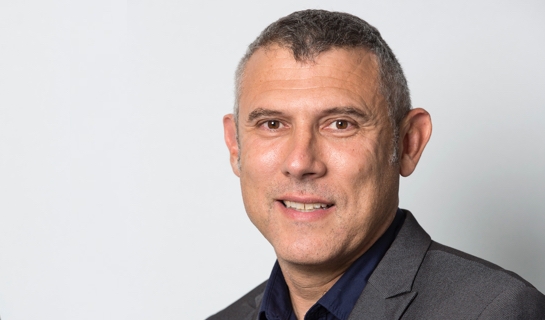
A paradigm shift: less is more
Alan is an analytic leader and management professional with more than 25 years of experience working directly for major healthcare and pharmaceutical organizations, and consulting with clients across the globe. Alan heads up BroadReach Consulting’s commercial business and is responsible for ensuring that the organization connects intimately with its client needs and implements effective solutions enabled through technology, aligning everything we do to create sustainable value for our clients.
As analysts, we are always hungry for data when trying to make decisions, constantly applying the paradigm of more data means more insight. However, for practitioners in public health, this premise can be seriously flawed, leading to analysis paralysis. Simple solutions that inspire more effective service delivery are needed – directly recommending actions that have the most positive impact on the health of the population. Simplicity, in this context means that less really is more.
Over the past few years, there has been an awakening in international aid and development to the potential value of data and analytics as a mechanism to improve program delivery. Technology applications have increased scrutiny on performance, capturing and delivering insights more closely to real time (i.e. from quarterly to weekly or daily) and at the most granular level possible (i.e. from national to individual facilities). This often results in substantially more data, requiring people across health organizations to become more analytical, or else (somewhat ironically) drown under the weight of the data and therefore reversing the intended effect.
Most organizations collect as much data as possible and transform this into huge, complex systems of data management – but these are not intrinsically useful, and often reporting, much less real-life application, is an afterthought.
At BroadReach, we are redefining the value of analytics, placed firmly within a context of how value must be created and delivered to make development programs and health systems more successful in achieving the ultimate goal – increasing overall health of the population served. We have realized that there is a huge difference between the development of more analytics and successful application of analytics.
Analysis paralysis
Most organizations collect as much data as possible and transform this into huge, complex systems of data management – but these are not intrinsically useful, and often reporting, much less real-life application, is an afterthought. Even if reporting is addressed, the approach usually leads to a combination of complex dashboards and management reports with analytic capabilities that give the flexibility to the user to explore and create drill downs and switch between alternative aggregations, geographies, etc. These tools do not specifically tell the user what they need to do to create impact or, most crucially, how they need to go about doing it.
Now there is no doubt that using analytics to derive critical insights is key. But results need to inspire and connect to a purpose – i.e. an intention to act and create impact. So, while our approach must use data and analytics, our goal should not be to make the recipients more analytical. Rather, the quest to unlock value through ever more complex analytics should be complemented with a ruthless devotion to the simplicity of delivery.
At BroadReach, our devotion is to finding the right combination of human engagement and technology
The fact is, we don’t need people to become more analytical. Consider, for example, a nurse trainer who supports nurses managing HIV testing and treatment in multiple clinics. Their skills are in medical education, coaching, and staff development. When they wake up in the morning, they don’t want to grapple with dashboards and analytic tools to figure out what to do and where to focus attention, or to determine the most pressing issue needing to be solved. What they really need is a set of prioritized recommendations that clearly specifies where to go and what to do to create the most beneficial impact. They can then apply their unique, highly valuable skills to best effect, and more thoroughly enjoy and contribute to the success of their mission.
Less is more
Real impact can only be created if these recommendations can be implemented consistently and at scale by the workforce across a health system. Individual field workers, like the nurse in the example above, are given simple step by step workflows that can be tracked and monitored in a holistic view of the overall program. This creates a virtuous circle between data, action and impact which is constantly learning, improving and creating greater impact.
And simplicity means that we must consider how to inspire action in the user context – the “technology enabled” doorway should open to include bespoke messenger apps, social platforms or text messaging, or even automated voice exchange. BroadReach Consulting uses the Vantage technology platform as the ‘doorway’ to connect sophisticated analytics with at scale, on-the ground action.
At BroadReach, our devotion is to finding the right combination of human engagement and technology*. We are obsessed with cultivating the right recommendations for the problems our clients need to solve combining expertise, process and algorithms enabled through technology, and we are passionate about delivering the right insight in the right way at the right time to each person inspiring them to improved performance contributing to greater programmatic impact. Complex analytics, simple solutions, real impact.
*BroadReach Consulting is a certified implementing partner of Vantage Technologies.
